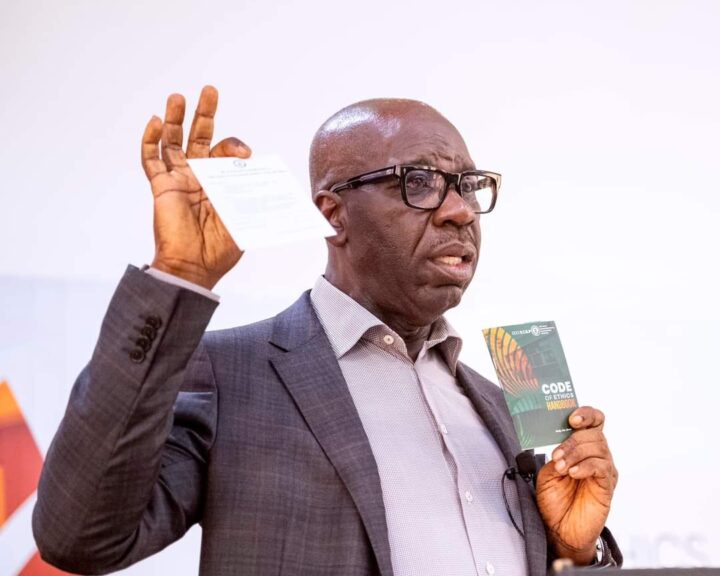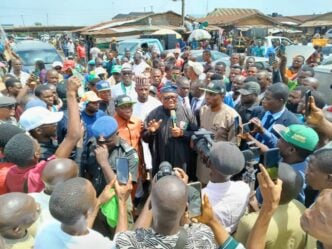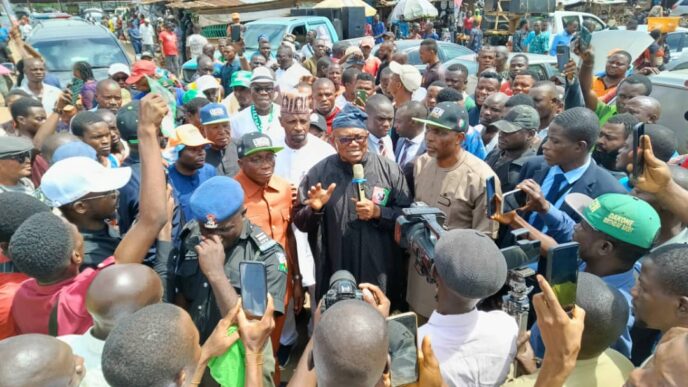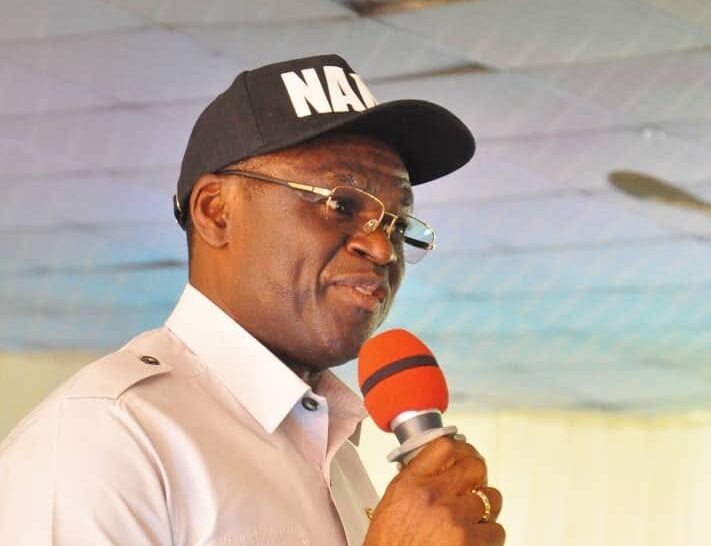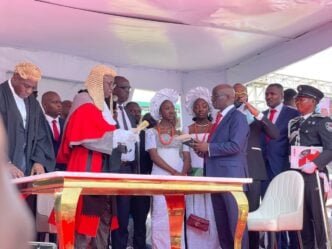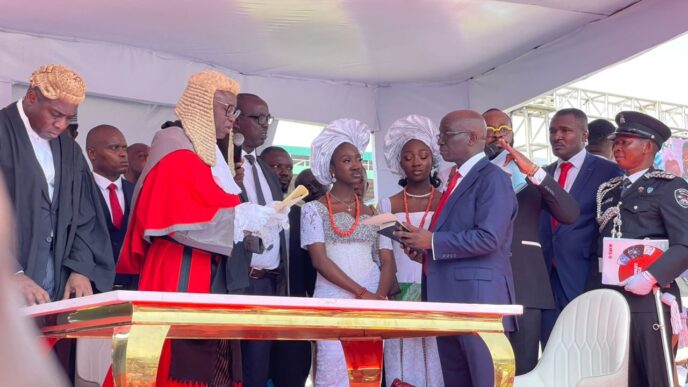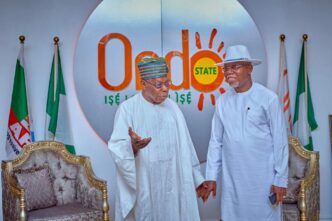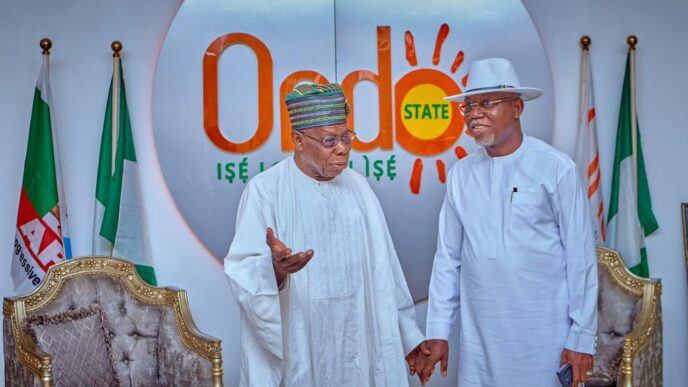Godwin Obaseki
As he bows out of office, Godwin Obaseki, governor of Edo, says his administration implemented a slew of reforms which his successor has little choice but to sustain.
Speaking with select editors in Lagos, Obaseki said he has digitalised governance and the civil service, trained teachers through the EdoBest initiative, unleashed the power of the agricultural sector to bolster the economy of the state, improved energy to homes and businesses, fought corruption, constructed roads to farm gates, and improved security.
Obaseki’s successor would be Monday Okpebholo of the opposition All Progressives Congress (APC) and not Asue Ighodalo of the Peoples Democratic Party (PDP) who he handpicked and campaigned for.
Okpebholo would be sworn in as governor on November 12.
Advertisement
Obaseki said while he harbours fears that some of his “initiatives” could be rolled back by the next government, he takes solace in the fact that the people would not sit back and watch that happen.
“Edo people are very aware. The people know. I doubt if they would keep quiet for long and allow things to go back to the way they used to be. They would complain… they would shout,” he said.
“We’ve institutionalised some of our reforms. And don’t under-estimate the power of social media.
Advertisement
“The fact that people now know that roads can be constructed without you lobbying says that ‘one day, my own road would be done’ and they would agitate.
“The parents of the children who benefit from our education reform see it in their children everyday. They feel it.
“We have also allowed for community participation and ownership of some of these projects. The community now takes an interest in education, for instance. I do not think that a change of government would change that.
“Yes, there’s a risk of discontinuation of some of these projects with a new administration, but I’m optimistic that they will last.”
Advertisement
The outgoing governor added that he is proud of what his administration achieved in the healthcare sector.
“The biggest problem with healthcare in Nigeria today is cost. But we now have over 350,000 enrollees in our healthcare programme because we made it affordable,” he added.
“Training humans to run the healthcare centres was an obstacle. So we invested in a training centre that has helped us build capacity. What we are doing, many states are not doing.”
Advertisement
